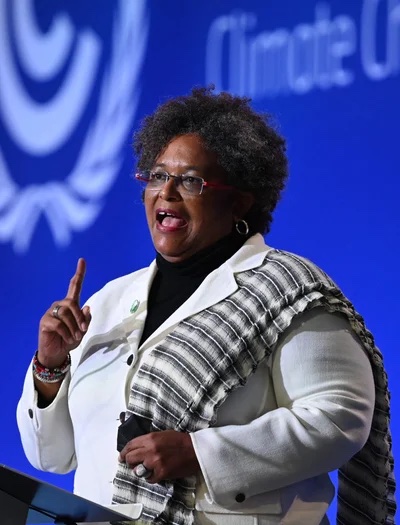The climate crisis is not a future prediction. It is already here and already impacting hundreds of millions of people, young people like Idara in Heroes of Hope, and millions more across the world, especially in lower-income countries. The impacts of climate change can cause poverty, malnutrition, loss of homes and loss of lives. The 54 countries of Africa are home to 17% of the world’s people but produce less than 3% of the total cumulative greenhouse gasses that are causing climate change. The US and China are the largest emitters, followed by Russia, India, and Brazil. Researchers have shown that the countries most hurt by climate change are primarily in the southern hemisphere and are countries where a large part of the population make their living through agriculture. So one of the key challenges with climate change is that the impacts are not felt equally, and they are primarily felt by communities who did nothing to cause the problem in the first place.
WHAT DO YOU THINK?
How can the world address climate justice?
International Loss and Damage Fund

 Financial assistance to the people hurt most by extreme weather
Financial assistance to the people hurt most by extreme weather
In the fall of 2022 at the COP27 UN climate conference in Egypt, international leaders agreed to set up a Loss and Damage Fund for the first time in the history of the climate negotiations. Loss and damage refers to the most severe impacts of extreme weather on the infrastructure of lower income countries, and the financial assistance needed to support people hurt by disasters and to rebuild. Establishing the Loss and Damages agreement was an important first step, and now the work begins to start getting the countries that have historically been responsible for carbon emissions to commit to adequate funding.
The Bridgetown Agenda

 Recovering countries get funding faster, earlier, and without penalties
Recovering countries get funding faster, earlier, and without penalties
Barbados Prime Minister Mia Mottley is building a global coalition of countries to work toward making changes at both the World Bank and the International Monetary Fund to unleash trillions of dollars to support countries like Nigeria, and low-lying countries like Barbados that are experiencing so much damage from climate disasters. Prime Minister Mottley lead the creation of the plan at a conference in Barbados’ capital, Bridgetown and has since been traveling the world including to the US White House, and to COP27 to get support for her idea to transform the financing systems of the IMF and World Bank so that countries recovering from climate disasters can get funding faster, and even before disasters happen, and without debt penalties. Her idea also financing for projects that cut carbon emissions.
Next
